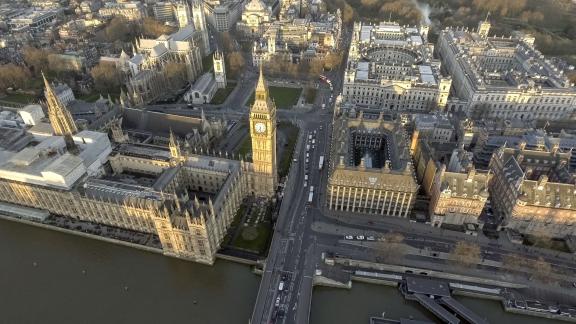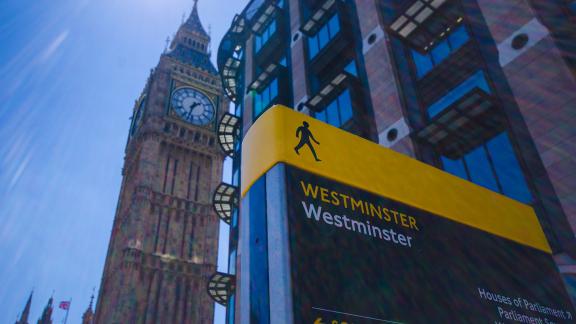Amendments to the health and care bill will let local leaders lead

While supporting the health and care bill as it has made its way through parliament, NHS Confederation members have had concerns about some parts of the legislation.
Primarily, new powers the bill would give the Secretary of State for Health and Social Care over local service configuration had prompted fears that such decisions would be driven by political incentives and slowed down due to increased bureaucracy in the context of the elective backlog.
Having lobbied government to as minimum, apply safeguards to these powers, the NHS Confederation was pleased to see concessionary amendments brought forward by government this week.
Now passed by both the House of Commons and the House of Lords, government amendments 30C to 30K in lieu will ensure:
- Both NHS organisations and Local Authorities affected by an intervention on local services by the Secretary of State for Health and Social Care will have to be consulted and their responses published.
- NHS leaders will no longer need to notify the Secretary of State for Health and Social Care whenever they are planning (or even considering) a change to services. Secretary of State will only need notification on complex and substantial reconfigurations.
- Require the Secretary of State for Health and Social Care to make a decision on a proposed service change within 6 months of ‘calling it in’ for consideration.
Responding to the votes in the House of Lords on the health and care bill this evening, Matthew Taylor chief executive of the NHS Confederation said:
“We are delighted that the government has heeded our calls in bringing forward amendments that MPs and peers have voted in favour of, ensuring that this legislation will do what it set out to in letting local leaders lead.
“We have worked alongside partners in the health and local authority sectors over the last years to urge government to put essential checks and balances on the powers – ensuring local NHS systems and local communities continue to be involved in the local service reconfiguration process.
“These amendments mean decisions on local service reconfigurations will be safeguarded from political incentives and the risk of being slowed down by needless bureaucracy in the context of the considerable elective backlog in the health service.
“NHS leaders are clear that they support the premise of this legislation which is to embed collaboration and partnership working which will help them to provide more joined-up care and plan services in a way that meets the needs of local communities.
“But this legislation is not a silver bullet. NHS services are facing huge challenges in the form of the elective backlog, long-term workforce challenges and ongoing COVID pressures. Health leaders feel the NHS is still a very long way from a sustainable and resilient system and would urge the government to be responsive to these challenges.”



